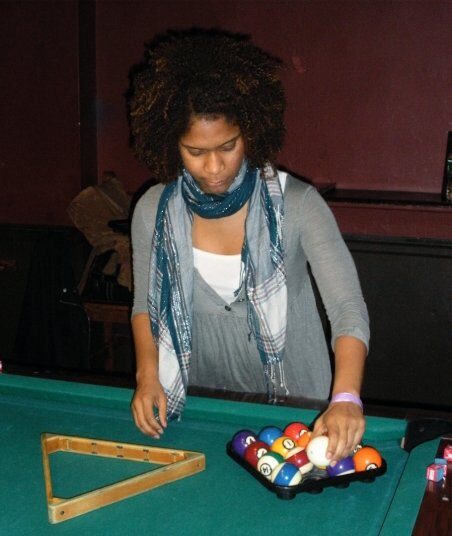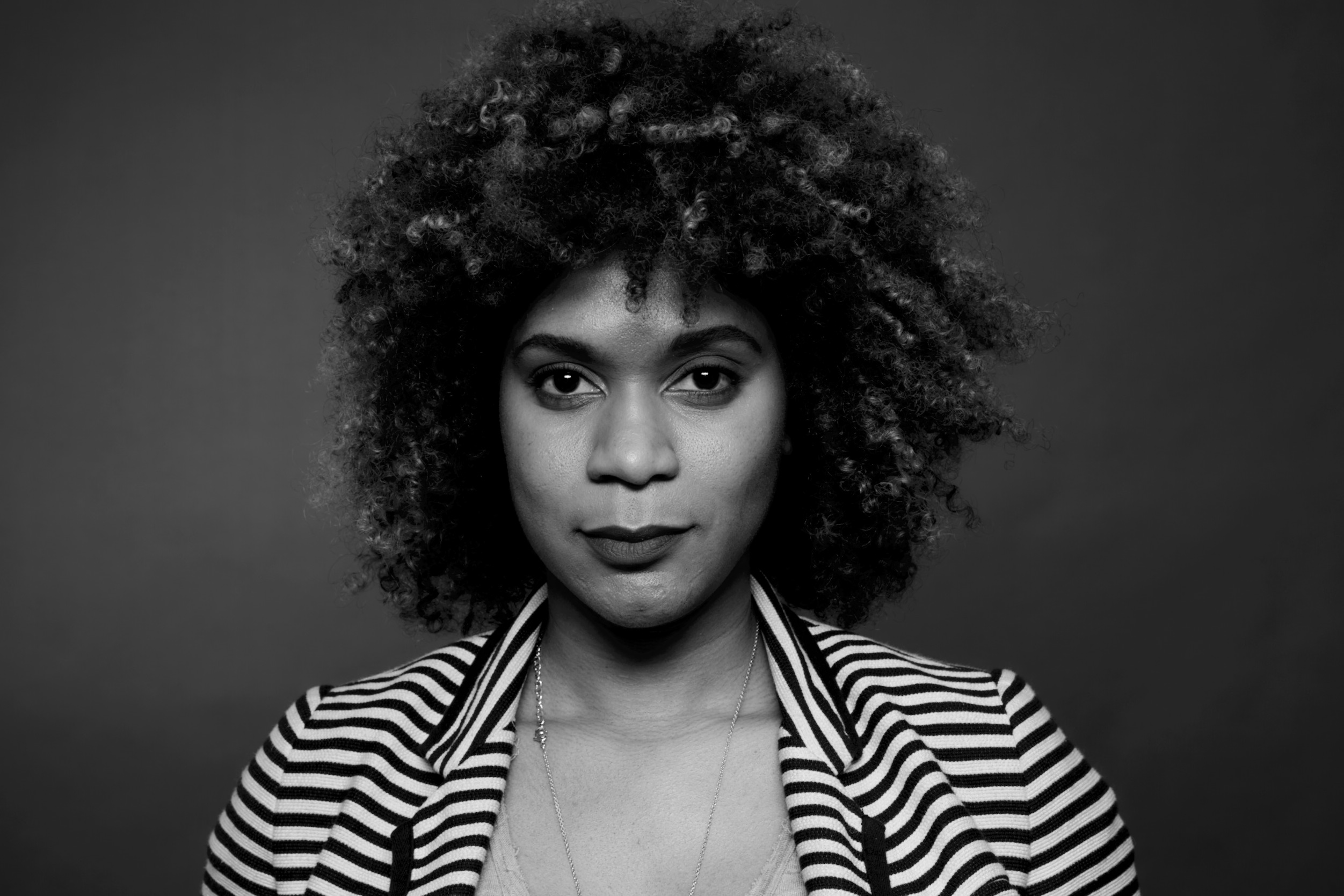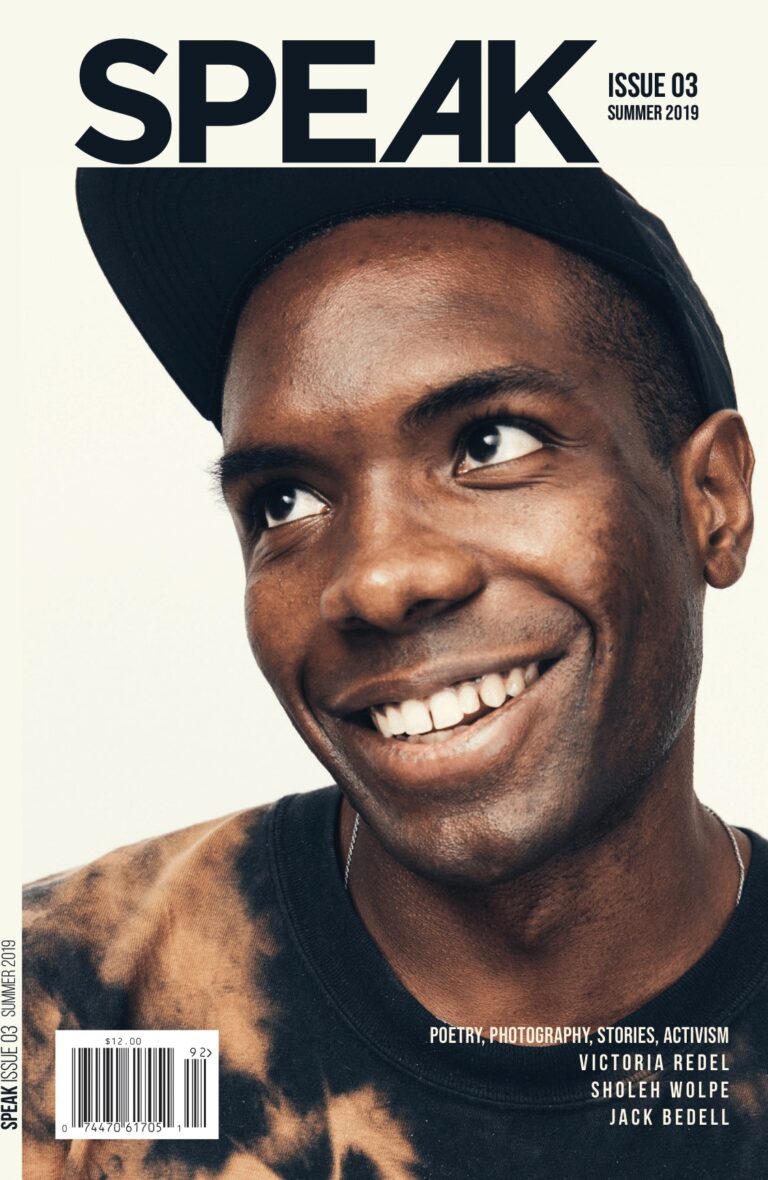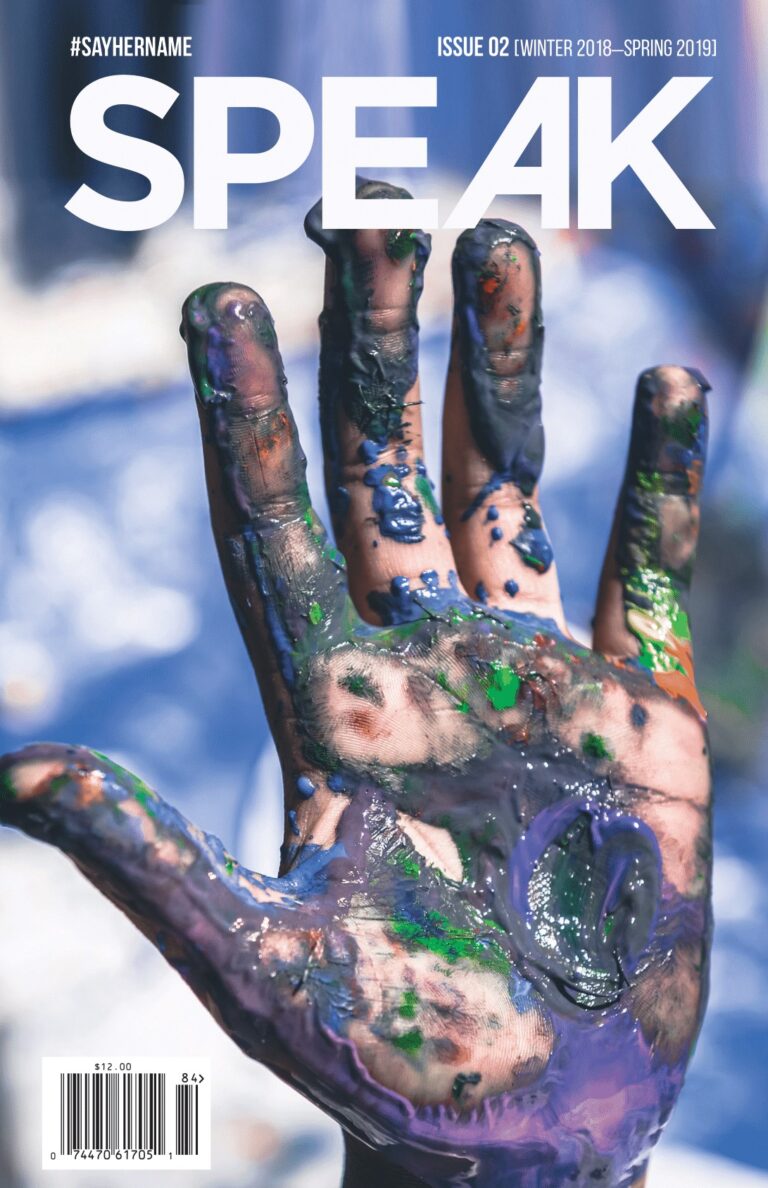
Jessica:
Twenty seconds left. The University of Michigan trails the University of North Carolina by two points. Michigan’s star forward Chris Webber grabs a rebound to take the ball down the court, then inexplicably veers off to the corner, right into the hands of the Carolina defense. Eleven seconds on the clock. Webber is trapped; the fans’ heads are popping off. He wrestles for freedom and his hands glide into a T, calling for timeout… except Michigan doesn’t have any left. The resulting technical foul costs them the game.
My memory of watching the 1993 NCAA Championship game is hazy. I sort of see my father with his mustache in the rocking chair shouting. I was probably lying a few feet in front of him, legs kicking, and elbows digging into the wall-to-wall carpeting. But what comes back to me loud and clear as I view the YouTube footage, the camera panning across the cautiously jubilant Carolina bench, is my mother’s voice, soft yet assured, with just a hint of leftover Bronx accent. “Well they’re certainly the cuter team,” she says.

I was 11-years-old at the time of that NCAA final and in love with UNC—not the least reason being that I thought I looked good in their team color and had the baby blue Tarheels windbreaker to prove it. But I didn’t appreciate it when my mother, lurking in the background as always, faking the need to visit the laundry closet opposite our floral sofa when really she was just keeping tabs on me, called the North Carolina team “cuter.” In a sense it was just like any of the other typical, irrelevant observations she made—about the announcer’s hairpiece or what have you—when passing by my dad and me in front of a basketball game. But in this instance, I knew (unconsciously, at least) that when she said “cuter,” what she really meant was “whiter.” My ears burned as I kept my eyes on the TV. Black wasn’t necessarily bad in my mother’s book, but her baseline assumption was that whiter was usually better. Whenever her words reminded me of this fact, my body felt slightly overheated.
In this case, like always, I just let the comment—and the feeling—pass. As the years went on, I seemed to notice them less and less. I’m not sure if my mom became more careful with her words or I became less sensitive to them. I do know that in my senior year of high school, I accepted early admission to the College of the Holy Cross, a Jesuit institution high on a hilltop in Worcester, Massachusetts. Of its 2,700 students, a disproportionate number seemed to have the last name Sullivan, the same name as the blue-eyed Carolina player whose free throws followed Chris Webber’s technical foul. The school’s homogeneity was just something I laughed off or sometimes actually embraced (such as on St. Patrick’s Day). I can’t pinpoint exactly when I started thinking differently.
A handful of months after I graduated Holy Cross, I was with a friend at a Park Avenue South restaurant, and who did we see walking out but Chris Webber. And wow! He was staggeringly hot. I couldn’t get him off my mind when I took the Metro North home. Yet as I crawled into my mom’s bed that night (my dad and I had by now permanently switched places because of his snoring problem), I didn’t even mention the celebrity sighting to her.

There was a clear reason for that. She was too sick with cancer at that point for me to tell her much about anything and would die in a matter of months at 55. I was 23. When I try to temporarily set aside the pain of the loss, a question arises: if she hadn’t been sick, would I have told her how cute Chris Webber was? Or would I have refrained, suspecting that she wouldn’t believe me? Of course, the harder version of that question is, if she hadn’t died, would my views on race have ever really changed?
The final moments of the national title game show Webber folding at the waist on the sidelines; a fellow Wolverine takes hold of his draping body like a recreation of the Pietà. It was the second Championship Final in a row that the famed recruits known as the Fab Five would lose, and after that game they would disband forever. I look back on that clip now and can’t imagine how I ever rooted for the other team.
Crystal:
Our TV was a huge, bulging eye with dark, wood paneling for lids. It sat on the floor, and when I scooted in close enough to it, I felt like I was actually inside the Louisiana Superdome with the Fab Five. That night, the Wolverines were playing University of North Carolina for the 1993 NCAA Men’s Basketball Championship. I’ll never forget it. We were down two points with possession of the ball. We could’ve won.
I say “we” not only because I was from Detroit and my favorite players, Chris Webber and Jalen Rose, were, too. Yes, I was crushing on Chris with those dark, warm eyes and glowing black skin. But mainly, I connected to who the Fab Five were. Playful and funny on the court. Talking shit. Doing the cabbage patch when they scored. They listened to the music I listened to: NWA and EPMD. (Really, it was my older brother’s music.) The baggy shorts! The swag! They were, what I would call now, unapologetic in their blackness. The kind of black people who weren’t trying to (and certainly didn’t!) make white folks feel comfortable. And who, in existing in this space, often suffered for simply being. Back then though, I just thought they were “fo’real black.”
That “we” didn’t include my family that night. My dad felt that college sports were too “sloppy,” and my mom didn’t like sports, period. My older brother was a high school senior, surly, and didn’t have time for me. So I was alone, with 11 seconds left on the game clock, gnawing my lip and feeling nauseous.

I know I’d had a talk with my parents about college by this time. That year, my sixth grade math teacher, Mr. Heins, had those of us who were good at math begin doing advanced work in preparation for AP classes in high school, which would put us at an advantage for college admissions. When I told my mom about Mr. Heins’s plan, she made it clear I could and should go to college wherever I wanted. But she also wanted me to know that she and my dad weren’t going to pay for it. “You won’t be going to college on us,” was how she put it.
I screamed when Chris called that timeout. How does he not know we don’t have any timeouts left! After the technical foul, some UNC dude effortlessly made his two free throws, solidifying our loss. I pressed my face into my hands and cried. Even as an 11-year-old, it didn’t feel like just the loss of a game; it felt like a loss for the culture.
I eventually went on college tours with my best friend Tiffany and a couple other kids in my class, not my parents. When I visited Duke, I didn’t like the black people I met; they were less Chris Webber black and more Grant Hill black. Back home, I told my mom I would not be going to Duke, and she didn’t object—or offer advice. She didn’t have any to give, perhaps. The furthest she got in her education was putting herself through nursing school. Dad took a few college courses but was working midnights at the plant and kept falling asleep on his homework.
I would eventually go to the University of Michigan, 35 minutes from home. I’d drive back a couple weekends a month in a navy 2000 Ford Escort—with no power steering. My mom did my laundry and cooked food for me to take back and warm up in my dorm room microwave, but she didn't visit. At the time, I felt a little sad about that but knew I didn’t really need her the way I’d seen some kids at Michigan need their parents. Looking back, I’m grateful for her confidence in me. It made me capable. But a little nudge in the direction of a historically black college like Howard or Spelman would’ve been nice. (Every now and then I fantasize about how safe and fortifying it would have been to explore that breadth of blackness in an environment made for us, by us.) Though I still consider myself more Chris Webber than Grant Hill, I have since learned that of course there isn’t just one way to be black.

When I finally pulled myself off the basement floor after the NCAA final, I stomped up the stairs, cursing a couple times loudly to get some attention. My mom, wearing a housecoat, peered down the steps. “What’s wrong with you?” she asked. I explained what had happened. I wanted her shoulders to sag under the weight of it. Maybe she could even cry, too. I wanted despondence. But when I told her what had happened—to Chris, to Jalen, to me; to us—she just looked confused. “Maybe next year,” she said.

meet the author
Jessica Silvester
Crystal Martin and Jessica Silvester met as editorial assistants in 2009 and eventually got to talking about their moms: Martin’s, a black woman from Detroit who was always calling Crystal at work with questions about technology, and Silvester’s, an Italian-American woman from [...]

meet the author
Crystal Martin
Crystal Martin is a contributor to The New York Times and has a Master of Arts in Journalism from New York University.
Subscribe to our newsletter










